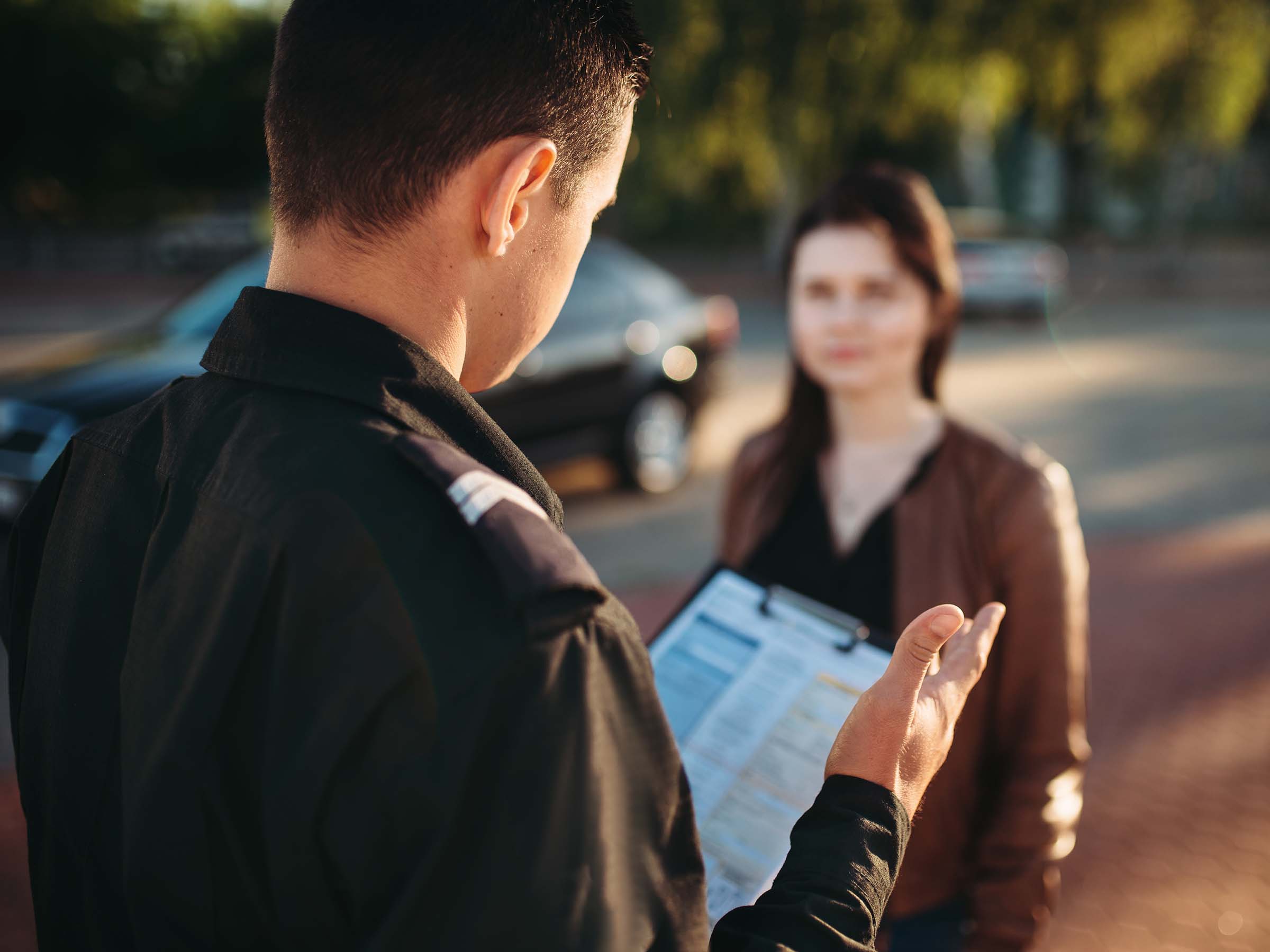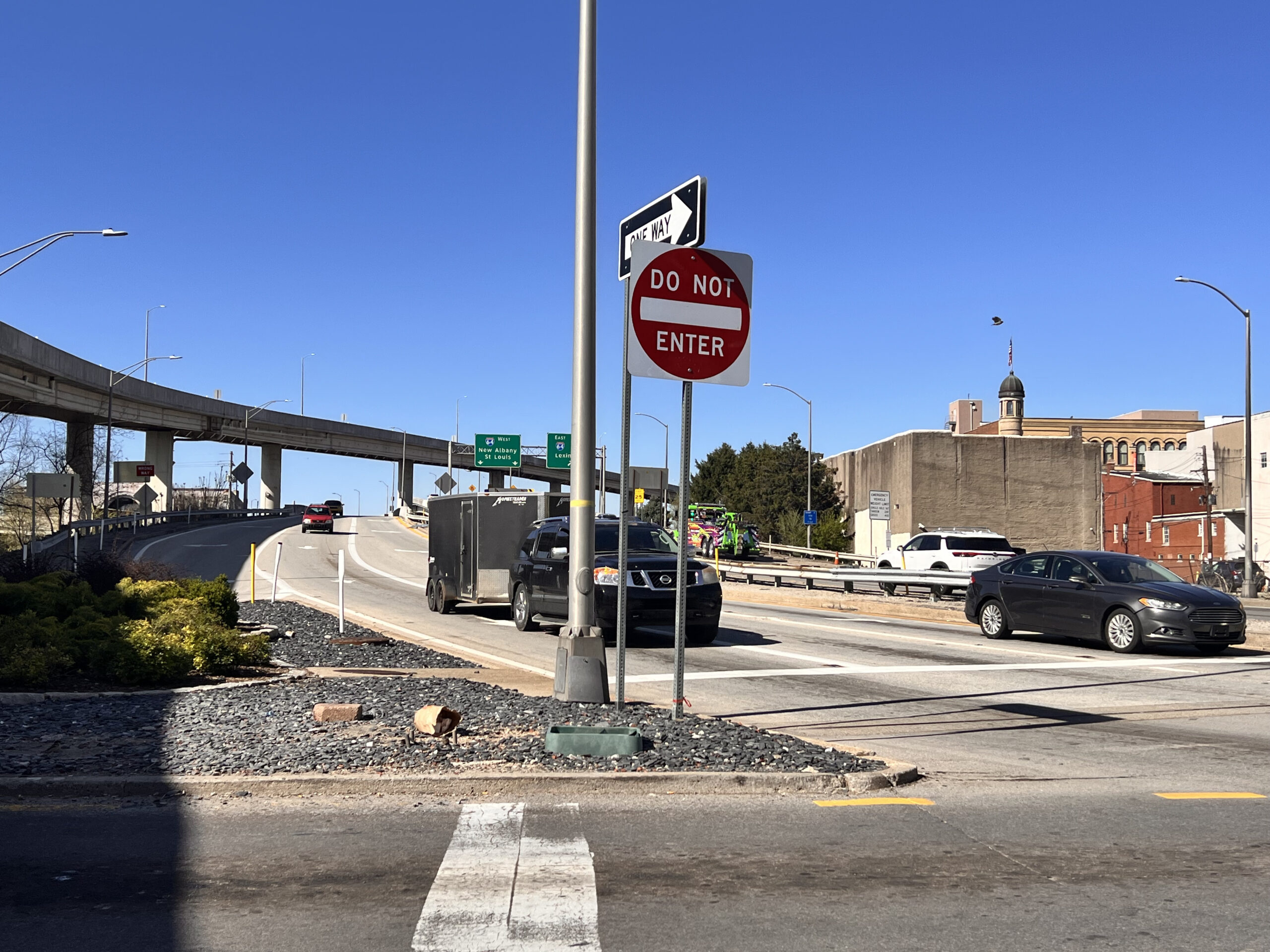Living in Kentucky, you never know when a natural disaster will strike. On April 2, 2024 for example, at least six tornadoes touched down throughout the state. Like any severe weather event, there’s going to be damage–including injuries. But is anyone responsible? The answer depends on the circumstances. At Kaufman & Stigger, PLLC, we can explain your legal options. Contact us today for a free consultation.
Can You Sue After a Natural Disaster?
Many accidents in Kentucky happen because someone or some entity was negligent. In fact, this is the basis of liability in personal injury cases. Basically, negligence has four elements:
- Duty of care – The responsible party has a duty to take reasonable steps to keep you safe.
- Breach of duty – They breached or failed in that duty.
- Causation – This breach caused the accident.
- Damages – The accident was the direct result (or at least linked to) your injuries.
Most of the time, negligence happens when a driver causes an accident by speeding or a store doesn’t clean up a spill and it causes a slip and fall. However, a natural disaster is very different. By definition, it’s a natural event that causes damage, like a:
- Tornado
- Flood
- Hurricane
- Earthquake
- Drought
These events are extremely dangerous and frequently cause serious injuries and other damage to your property. But in order to be able to sue, there has to be negligence. So, while it’s usually very rare, there can potentially be negligence involved in these situations–thus giving you the legal right to file an injury claim.

How is Negligence Involved in a Natural Disaster?
Obviously, there’s no negligence in a natural disaster itself. Rather, negligence comes into play in much the same way as a typical accident–by the actions of others or someone in charge. So, whenever there’s a natural disaster, here’s how negligence could be involved:
- Failing to prepare – People, companies, or governments may forget to plan for disasters, like strengthening buildings or making escape routes. This makes them more at risk during the disaster.
- Poor or inadequate planning – Building in places where disasters often happen, like flood or earthquake zones, without proper protection or infrastructure can make the disaster worse, causing more harm to people and property.
- Inadequate emergency response – Messing up how to deal with an emergency, like being slow to send help or not giving enough supplies, can make the disaster worse and cause more harm to people.
- Poor infrastructure maintenance – Ignoring the upkeep of important structures, like levees or dams, can make them more likely to fail during a disaster, making the situation worse.
- Environmental degradation – Human activities like cutting down trees or polluting rivers can make natural disasters like floods, landslides, or fires worse.
- Failing to warn – Not investing in or keeping up early warning systems, like alerts for tornadoes or hurricanes, can mean communities don’t know about the danger in time to leave or prepare.
Injuries
As you might expect, negligence can make a natural disaster much more harmful. This is particularly troubling because something like a tornado or a flood is among the most impactful things you can experience in Kentucky. Typically, this leaves you facing injuries like:
- Cuts and lacerations
- Bruises and contusions
- Fractures and broken bones
- Head injuries
- Burns
- Respiratory problems
- Hypothermia or heat-related illnesses
- Drowning
- Crush injuries
- Emotional trauma
Like any injury, there’s a long recovery after a natural disaster. This makes any potential claim very important to your overall recovery, but the legal process in these situations is complex.
Damages in These Injury Claims
Legally speaking, filing an injury claim after a natural disaster isn’t all that different from a typical accident. Basically, you’ll file either an insurance claim or personal injury lawsuit. The complexity comes in when trying to figure out who pays for them. Depending on the circumstances, it could involve:
- Town, city, or state governments
- Landlords or property owners
- Natural resource companies
Once the claim is filed, though, you can recover:
- Medical expenses
- Repair/replacement costs for damaged property
- Loss of companionship or enjoyment of life
- Pain and suffering
- Emotional distress
- Wrongful death expenses
Facing any situation where you’re hurt or have significant losses is challenging, even more so for natural disasters. Still, you have to file your claim within one year of the loss to meet Kentucky’s statute of limitations. To make sure your legal rights are protected, talk about your options with our team.
Experienced Legal Guidance in Kentucky
Special circumstances like natural disasters require experienced, confident legal support. At Kaufman & Stigger, PLLC, our Kentucky personal injury lawyers have this in abundance. We’ll explain your legal rights, then guide you through the process. Contact us today for a free consultation to get started.



